Editor’s Note: On Sunday, March 22, Lee Kuan Yew, founding prime minister of Singapore passed away at 91. Jeffrey Bader recalls moments in his career where Lee had a profound impact.
Tough love
Lee Kuan Yew was the keynote speaker at the 2005 Bo’ao Forum on China’s Hainan island. Bo’ao is a Chinese-sponsored version of Davos, and in inviting Lee the Chinese hosts were honoring a figure revered in China for years of support of China’s economic modernization and public advocacy of acceptance of China’s rise. To an audience of smiling senior Chinese officials, Lee spoke of his long friendship and admiration for China’s “second generation” of leaders, notably Deng Xiaoping and the founder of the Chinese navy Liu Huaqing. He noted that they understood what China needed to do to achieve modernization, and how it should conduct itself towards it neighbors to reassure them as China rose.
Lee abruptly shifted gears. He said that the older generation of Chinese understood the Confucian values of modesty and humility, but he feared the new generation did not. He criticized destruction of Japanese property and facilities in response to the recent visit of Japanese Premier Koizumi to Yasukuni Shrine. He complained that masses of Chinese Internet users had insulted his son, then Singapore’s deputy prime minister, for visiting Taiwan, referring to “Big China” and “Little Singapore.” He said these actions sent a profoundly disturbing message to China’s neighbors.
As if this wasn’t enough to rattle his Chinese hosts, Lee said he wanted to add one more point. He said he had heard many Chinese talking about the 21st century being China’s century, and that America’s time was past. “Well,” he said, “I have news for you. The 21st century will be America’s century too. Americans have an extraordinary capacity to reinvent themselves, to learn from their mistakes, and to innovate. Don’t underestimate them,” he closed. The senior Chinese officials, smiles still frozen on their faces but in semi-shock, applauded dutifully.
I have never seen a statesman or executive talk this way to a Chinese audience. It did not affect to any degree the regard for him in China.
Tough love 2
Lee met with President Obama in the Oval Office in 2009. In the pre-brief, Obama told me of his admiration for Lee, who he saw as a towering figure, a view affected by Obama’s youth in Indonesia at a time when Lee was coming to prominence. In response to a query about Singapore’s human rights record, Obama acknowledged issues, but noted that there weren’t an awful lot of countries that provided better lives to their citizens than Singapore.
Once the meeting started Lee wasted no time in launching directly into a sharp critique of America’s dual deficits, trade and fiscal, warning of the danger to America’s and Asia’s future if the United States and Obama administration headed blindly down the road toward bankruptcy. Obama listened calmly, offered brief reassurance that he understood Lee’s point and would be protective of America’s fiscal future as he grappled with the Great Recession, and moved to a positive exchange on the U.S. role in the Asia Pacific region.
I’m confident Lee would have been satisfied with, and unsurprised by, American economic recovery by 2015, though with his sobriety and economic prudence he clearly was uncomfortable with how the United States launched on the road.
Modesty and curiosity
My first encounter with Lee was when he visited the United States in 1977 as prime minister. I was working for Assistant Secretary of State for East Asian Affairs Richard Holbrooke. We were accustomed to foreign officials who came briefly, met with the president, secretary of state, or national security advisor and went home in a day or two. Lee came for two weeks. He evinced little interest in senior-level meetings. He asked for help in meeting the smartest people in the intelligence community, the state department, the defense department, the treasury department, and on Capitol Hill without regard to rank. He saw many more GS-15’s on the visit than secretaries or deputy secretaries.
One often hears of political figures going on so-called “listening tours.” This was a true listening tour. Lee was generally the smartest man in the room. His natural intelligence helped him attain that status, but his relentless curiosity and anti-hierarchical approach to learning were at least as important.
Asian values
In the mid-1990’s, Singapore was the intellectual epicenter of a movement supporting “Asian values,” in contradistinction to what was seen as excessive individualism, liberty verging on license, and indiscipline in the West. Lee personally never endorsed, however, the anti-American versions that some of his followers dabbled in.
Lee gave a televised interview during those years in which a Western journalist mocked Singapore’s ban on chewing gum and criticized Singapore’s aggressive use of libel laws to shut down newspapers. Lee gave not an inch. Lee asked the journalist what the socially redeeming value of chewing gum was, adding that it jammed Singapore’s metro doors and frequently found its way onto shoes. As for the press, Lee said Singapore would never accept the notion that the function of public discourse should be the systematic destruction of public figures and demeaning of governmental authority.
I was stationed in the U.S. Consulate General in Hong Kong at the time, and my boss and I were wondering whether someone could provide a bridge between Hong Kong Governor Chris Patten’s pro-democracy reforms and Chinese official resistance. We had lunch with Richard Holbrooke, who was visiting Hong Kong at the time, and my boss mentioned that Lee, who also was in town, had met with Patten the previous day and reportedly had called Patten’s proposals “clever.” Could Lee serve as a bridge? Holbrooke replied, “When Lee calls something or someone clever, that’s not a compliment.” Sure enough, the next day Lee public condemned Patten’s proposals.
There were distinct limits to Lee’s “Asian values.” When Malaysia’s Prime Minister Mahathir proposed formation of an East Asian Caucus consisting of the countries of the western Pacific and excluding the United States, Lee condemned the idea, calling it an attempt to draw a line in the middle of the Pacific that would do great damage to the interests of Singapore and other Asian states. Lee became the most visible advocate of a strong U.S. presence in the western Pacific, and led Singapore governments to provide a warm welcome to the U.S. Navy.
The Brookings Institution is committed to quality, independence, and impact.
We are supported by a diverse array of funders. In line with our values and policies, each Brookings publication represents the sole views of its author(s).

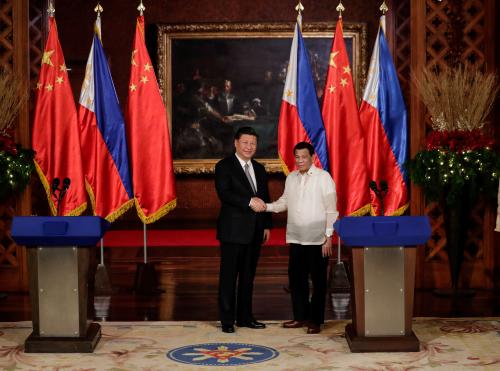

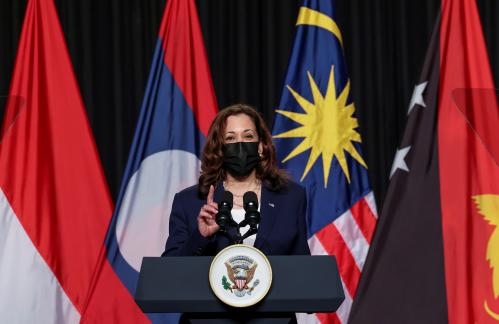
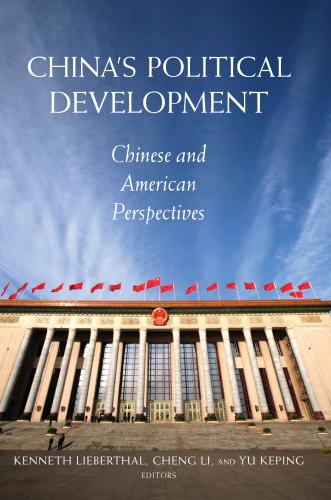
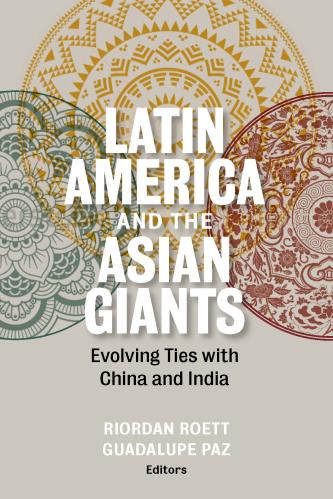
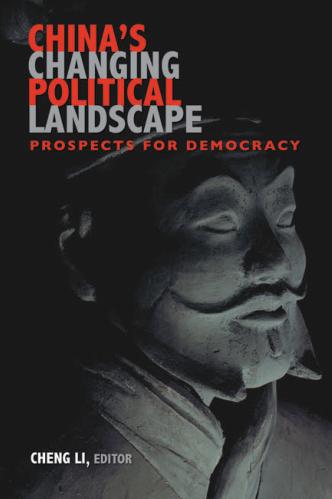
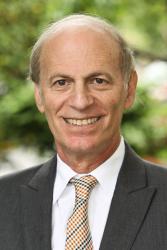


Commentary
Lee Kuan Yew: Postcards from an extraordinary life
March 22, 2015